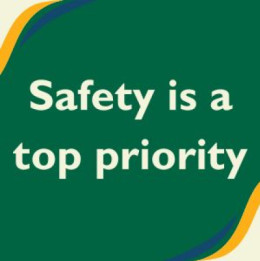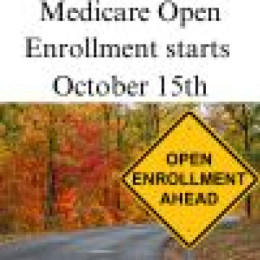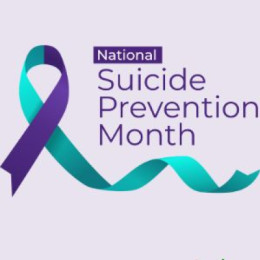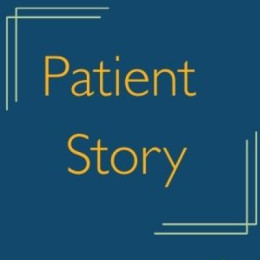Posted On: January 10, 2022 by Community HealthCare System in: News
Monoclonal antibodies are one possible treatment for COVID-19. Below is a list of questions and answers about monoclonal antibodies. If you test positive for COVID-19 or if you have questions about monoclonal therapy, please visit your healthcare provider.
What is monoclonal therapy?
Monoclonal antibodies are antibodies (which are blood proteins produced in response to and counteracting a specific toxin or other foreign substance) created to target specific areas of the COVID-19 spike protein. The monoclonal antibody binds to the virus, essentially neutralizing the virus before it has an opportunity to attach to its target and replicate. This action decreases the amount of circulating virus within the person receiving therapy and reduces their risk for severe illness, hospitalization, and death. This type of therapy is most effective when administered intravenously (IV) within 10 days of symptom onset.
What should I do if I test positive for COVID-19 and would like monoclonal therapy?
The best thing to do is to schedule a clinic visit and discuss your diagnosis and possible treatment with your healthcare provider.
What should I do if I have some signs and symptoms of COVID-19 but have not been tested?
Early testing and treatment are the most successful means of avoiding hospitalization and spread of the virus to others.
How many different monoclonal therapy medications are available?
CHCS has administered three different monoclonal antibody combinations. Each monoclonal targets a slightly different area of the virus. New therapies may become available as the virus changes. As the situation changes, availability of some therapies may become scarce.
What does high risk for serious COVID-19 infection mean?
Persons who are high risk for severe COVID-19 include those who have one or more of the following:
- Overweight and obese (defined as a Body Mass Index, or BMI, of greater than 25; calculate your BMI here)
- Chronic kidney disease
- Diabetes
- Immunosuppressive disease
- Advanced age (defined as older than 65)
- Cardiovascular disease
- Chronic lung disease
- Sickle cell disease
- Unvaccinated
What other treatment options are available for COVID-19?
Not everyone experiences symptoms that require more than supportive care (rest, hydration, proper nutrition, etc.) for viral illness. The COVID-19 vaccine has been shown to reduce symptom severity in persons that test positive for COVID-19. If you are interested in reducing your personal risk of severe illness, call your clinic to schedule your vaccination or booster. If you are high-risk or symptomatic, contact your provider to schedule an appointment.
How much success has CHCS had with giving monoclonal antibodies?
We have administered more than 175 doses of monoclonal antibodies, and they have been well tolerated and successful.
Are monoclonal antibodies FDA approved for COVID-19 treatment?
Monoclonal antibodies are available for use under an Emergency Use Authorization.











0 comments